DJI Urges U.S. Government To Complete Security Review As Retroactive Ban Powers Take Effect
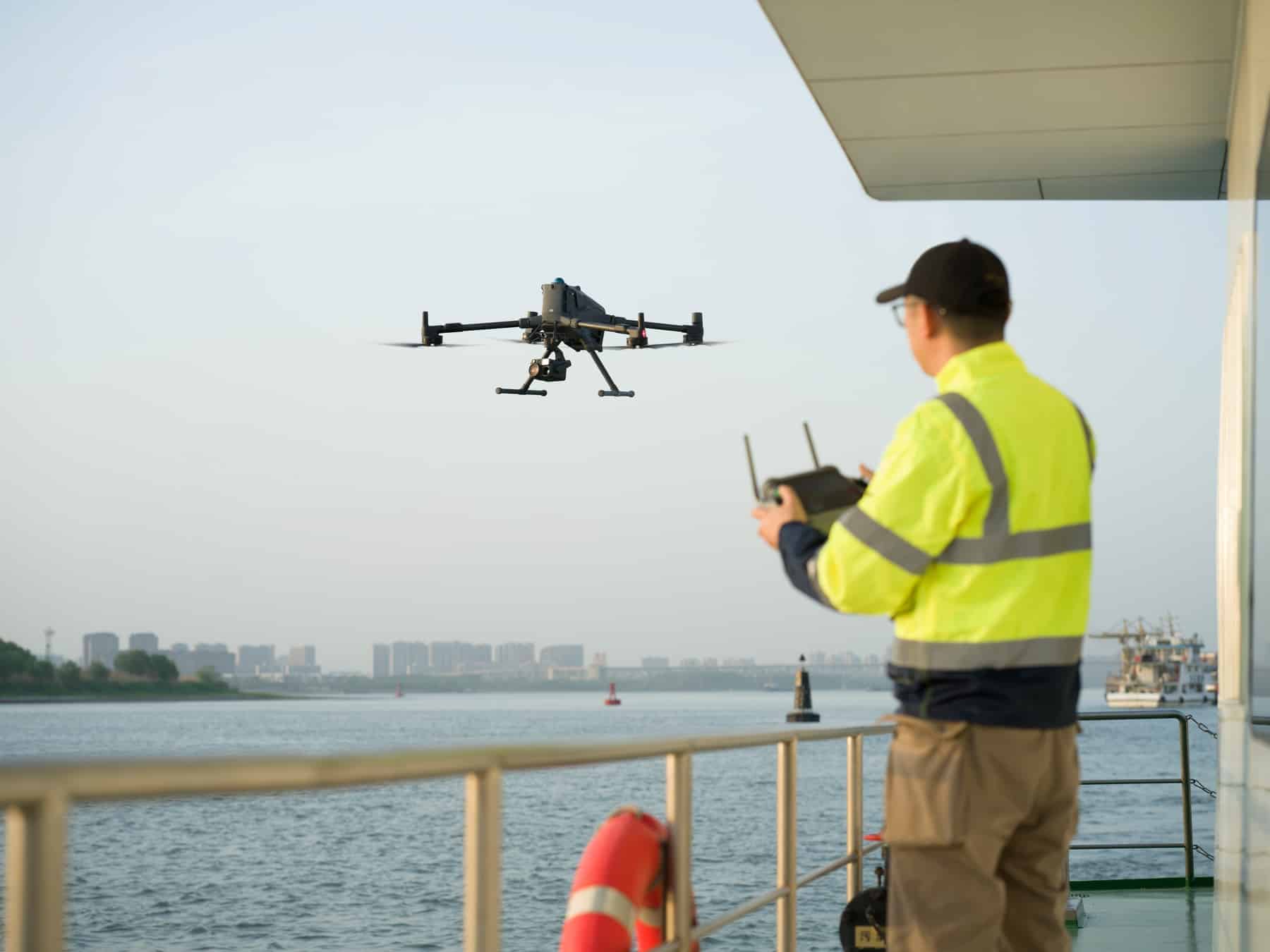
Check out the Best Deals on Amazon for DJI Drones today!
DJI issued its first official statement to DroneXL following the FCC’s unanimous vote earlier this week, warning that the company faces automatic addition to the agency’s Covered List in 55 days—potentially triggering retroactive bans that could affect recently released drones, such as the DJI Mini 5 Pro.
The statement from Adam Welsh, Head of Global Policy at DJI, emphasizes a critical distinction that offers both temporary relief and long-term concern: “DJI is not included on the FCC’s Covered List, so this change to the rules does not currently apply to DJI.”
However, that status changes automatically on December 23, 2025, unless a U.S. national security agency completes a mandated security review—and after ten months, no agency has begun the process.
The Retroactive Ban Mechanism Explained
The FCC’s October 28 vote granted the agency unprecedented authority to retroactively revoke equipment authorizations for companies on its Covered List. This power allows the FCC to ban devices containing Covered List components even if those devices received FCC approval years ago.
Here’s where timing becomes critical: The NDAA enacted December 23, 2024, gave federal agencies exactly one year to complete a security assessment of DJI. If no assessment is completed by December 23, 2025, DJI automatically joins the Covered List.
The FCC could then use its new retroactive powers to ban DJI drones authorized after December 23, 2024—meaning the DJI Mini 5 Pro (FCC approved May 2025) could be pulled from the market despite having valid FCC certifications.
“If that assessment is not completed by the deadline, DJI and another Chinese drone manufacturer would automatically be added to the FCC’s Covered List, without any evidence of wrongdoing or the right to appeal,” Welsh stated.
Hundreds Of Thousands Of Lives At Stake
The implications extend far beyond DJI’s business interests. First responders across America depend on DJI drones for search and rescue operations. Small businesses built their livelihoods around DJI equipment for aerial photography, infrastructure inspection, and agricultural monitoring.
Welsh emphasized the human cost: “As the deadline approaches, we urge the U.S. government to start the mandated review or grant an extension to ensure a fair, evidence-based process that protects American jobs, safety, and innovation.”
Fire departments using DJI drones to locate missing persons in wilderness areas. Police departments conducting accident reconstruction without endangering officers. Agricultural operations monitoring crop health across thousands of acres. A retroactive ban would ground these critical operations overnight.
Ten Months Of Silence
The most troubling aspect of DJI’s statement is what hasn’t happened. Welsh noted that “more than ten months have now passed with no sign that the process has begun.”
The NDAA requires a designated national security agency—the Department of Homeland Security, Department of Defense, FBI, NSA, or Office of the Director of National Intelligence—to conduct the security review. DJI sent formal letters to all five agencies in March 2025 requesting the audit be initiated.
Zero agencies have publicly confirmed they’re conducting the mandated assessment.
“DJI has repeatedly expressed its readiness to take part in a transparent, timely, and fair audit through official channels,” Welsh stated, underscoring the company’s willingness to undergo scrutiny.
Shell Company Strategy Faces Existential Threat
The FCC vote also closes loopholes DJI has been exploiting through proxy companies. Security researcher Konrad Iturbe has documented at least nine suspected DJI shell companies—including Skyany, Skyrover, Cogito, Spatial Hover, and Jovistar—submitting FCC applications since March 2024.
These companies sell DJI-designed drones under alternative brand names, attempting to circumvent restrictions. The FCC’s new authority to ban devices containing Covered List component parts would shut down this strategy immediately once DJI joins the Covered List.
Florida Senator Rick Scott has explicitly demanded the FCC use its retroactive powers to revoke all DJI and proxy company authorizations issued since December 23, 2024.
Due Process In The Crosshairs
Welsh concluded his statement emphasizing procedural fairness: “The U.S. government has every right to strengthen national security measures, but this must go hand in hand with due process, fairness, and transparency.”
This isn’t abstract legal theory. It’s about whether a company controlling 76-90% of the U.S. consumer drone market can be banned through bureaucratic inaction rather than evidence-based security findings.
DroneXL’s Take
This statement reveals the full scope of what we’ve been tracking for nearly a year: an automatic ban mechanism combined with retroactive enforcement powers creates a regulatory death trap that doesn’t require any actual evidence of wrongdoing.
The December 23, 2024 NDAA enactment date matters enormously. Any DJI drone that received FCC authorization after that date—including the DJI Mini 5 Pro—could be retroactively banned once DJI hits the Covered List. That’s not just blocking future products; it’s yanking existing authorizations for drones already in the market.
We’ve documented extensively how DJI lost its Pentagon lawsuit despite the court rejecting most Defense Department allegations. Judge Friedman found no evidence of Communist Party control or military-civil fusion connections, yet judicial deference to “national security” claims allowed the designation to stand anyway.
Now the same pattern accelerates at warp speed. If no agency conducts the mandated review—and after ten months, none have—DJI gets banned automatically. Then the FCC can retroactively revoke equipment authorizations going back nearly a year.
Think about what this means for American first responders and small businesses. Infrastructure inspectors who invested in Mini 5 Pros for confined space work. Agricultural operations running precision crop monitoring with recently purchased DJI equipment. Fire departments that just upgraded their search and rescue fleets with Air 3S drones. Police departments conducting accident reconstruction with equipment purchased in good faith based on valid FCC authorizations.
A retroactive ban doesn’t just block future purchases—it could eliminate access to spare parts, replacement batteries, warranty service, and firmware updates for millions of DJI drones already deployed across America. When a first responder’s drone needs a replacement gimbal or a farmer’s agricultural drone requires a battery replacement, those parts may become unavailable if DJI can’t provide support to equipment on the Covered List.
All of these legitimate, critical operations could be grounded—and their existing equipment potentially rendered unsupportable—not because DJI was proven to pose security threats, but because federal bureaucrats couldn’t be bothered to conduct the security review Congress explicitly mandated.
The U.S. government absolutely has the right to protect national security. But due process matters. Automatic bans combined with retroactive enforcement based on bureaucratic inaction rather than evidence isn’t security policy—it’s regulatory theater that destroys livelihoods, endangers lives, and undermines America’s technological capabilities.
Fifty-five days remain. Will any federal agency step forward to conduct the evidence-based assessment Congress mandated? Or will we witness first responders, small businesses, and critical operations across America lose their essential tools because Washington couldn’t be bothered to do its job?
What do you think? Should companies be automatically banned and existing equipment retroactively prohibited without evidence, simply because bureaucrats never completed a mandated review? Share your thoughts in the comments below.
Note: an earlier version of this article wrongly stated that the DJI Mavic 4 Pro would be affected. This was incorrect as it received its FCC authorization right before the December 23, 2024 date, as Alex pointed out in the comments.
Discover more from DroneXL.co
Subscribe to get the latest posts sent to your email.
Check out our Classic Line of T-Shirts, Polos, Hoodies and more in our new store today!

MAKE YOUR VOICE HEARD
Proposed legislation threatens your ability to use drones for fun, work, and safety. The Drone Advocacy Alliance is fighting to ensure your voice is heard in these critical policy discussions.Join us and tell your elected officials to protect your right to fly.
Get your Part 107 Certificate
Pass the Part 107 test and take to the skies with the Pilot Institute. We have helped thousands of people become airplane and commercial drone pilots. Our courses are designed by industry experts to help you pass FAA tests and achieve your dreams.

Copyright © DroneXL.co 2026. All rights reserved. The content, images, and intellectual property on this website are protected by copyright law. Reproduction or distribution of any material without prior written permission from DroneXL.co is strictly prohibited. For permissions and inquiries, please contact us first. DroneXL.co is a proud partner of the Drone Advocacy Alliance. Be sure to check out DroneXL's sister site, EVXL.co, for all the latest news on electric vehicles.
FTC: DroneXL.co is an Amazon Associate and uses affiliate links that can generate income from qualifying purchases. We do not sell, share, rent out, or spam your email.





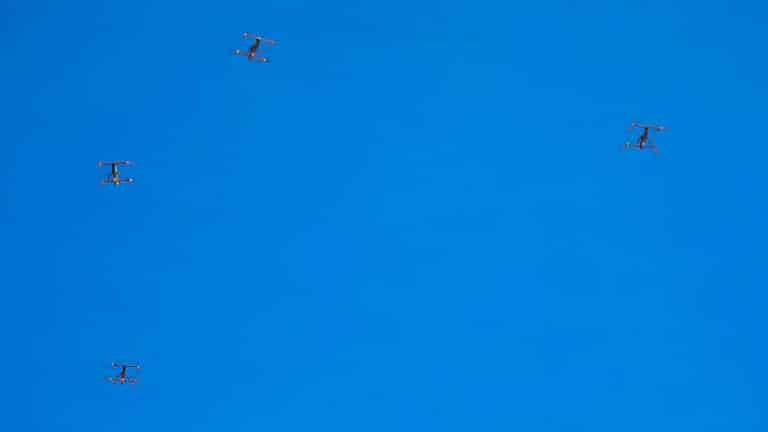


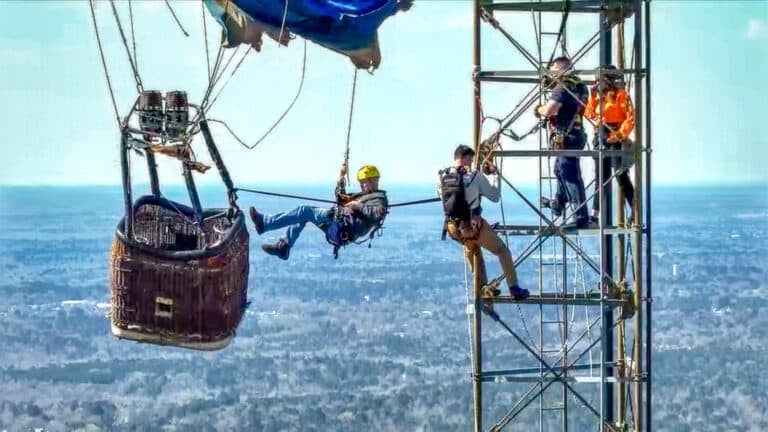

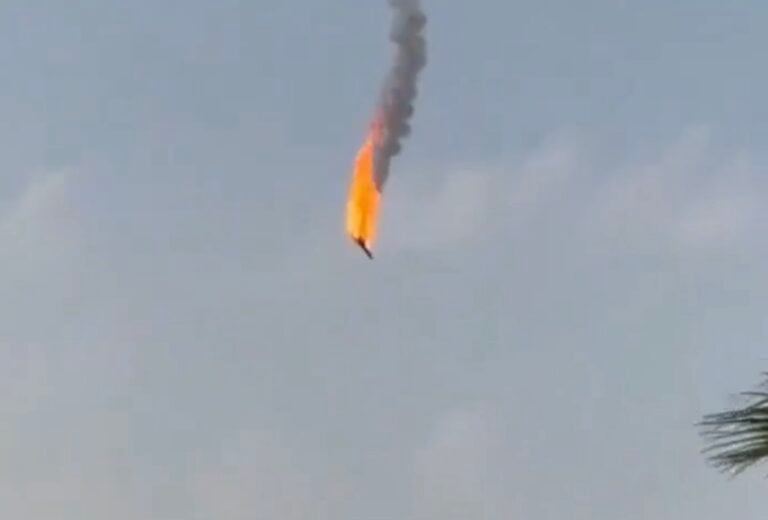


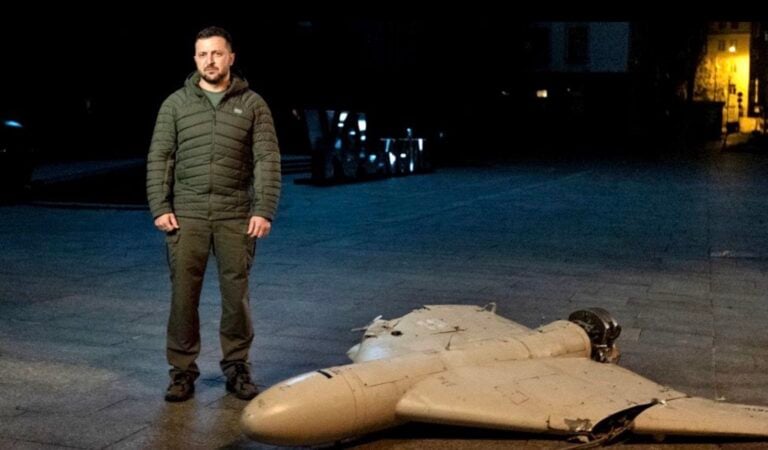
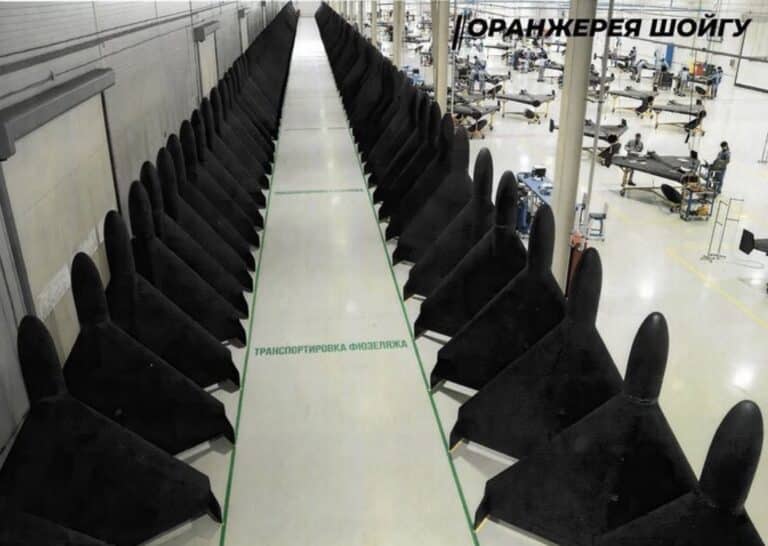
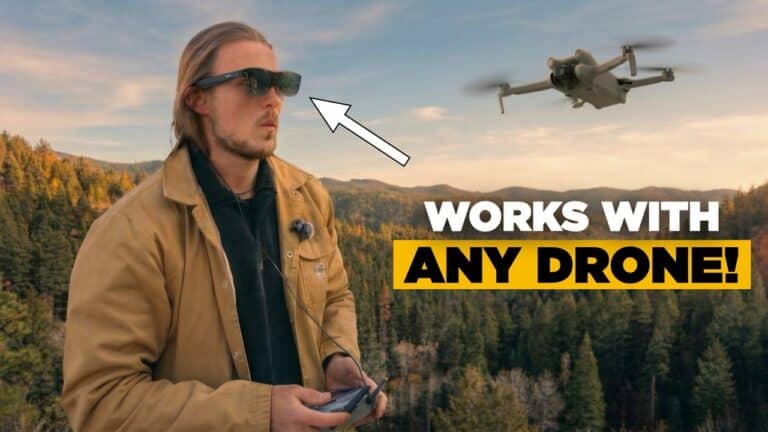
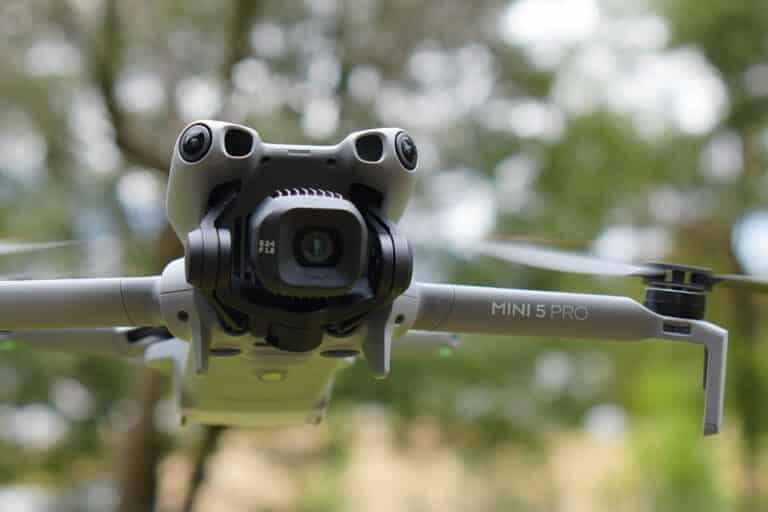
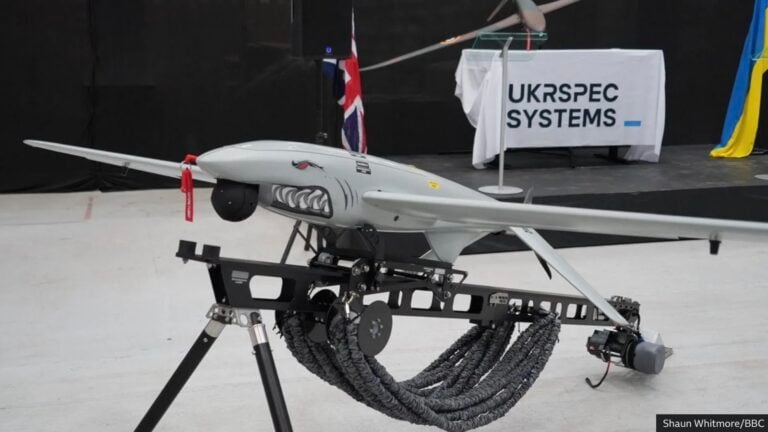
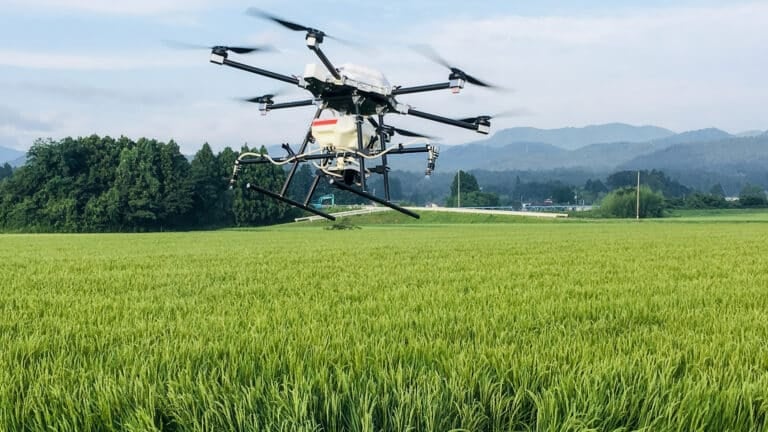
The Mavic 4 Pro received FCC Authorization on December 4, 2024.
FCC authorization (grant) date: December 4, 2024.
The FCC database entry for FCC ID: SS3-L3AB2410 (covering the Mavic 4 Pro models L3A/L3B) lists a Certification Date of 2024-12-04. This device entry also includes the model-declaration letter showing L3A and L3B as electrically identical family models.
You are right!
Sadly, it seems that all anyone cares about are the Drones for the Military. They do not care for the consumers and small businesses. I mean the lock down is evidence of this. And honestly, no one is going to do anything due to the lockdown.
We put them in, let’s vote them out.
You all are missing important points. The disabling or outlawing existing DJI equipment without government compensation will result in a major class action lawsuit filed in the US 9th Circuit (CA) which would be a violation under the 5th amendment (eminent domain takings) and other statutes. DJI wont brick their equipment either or be enjoined with that lawsuit since they acted on behalf of the US government. This whole thing reeks of protectionism for Skydio who jumped into bed with certain politicians. It’s hard to defend the government picking winners and losers with the ‘R’s in congress now. On the ‘taking’ issue, its similar to owning high ground property near Area 51 and the government taking a part of it for ‘national security’ – it still must compensate you for the loss of its use (like an easement). As far as competition for domestic drones…we didn’t ban Japanese cars in the 1970s because Ford/GM/Chrysler bitched about it…their presence forced them to improve. Just my opinion…